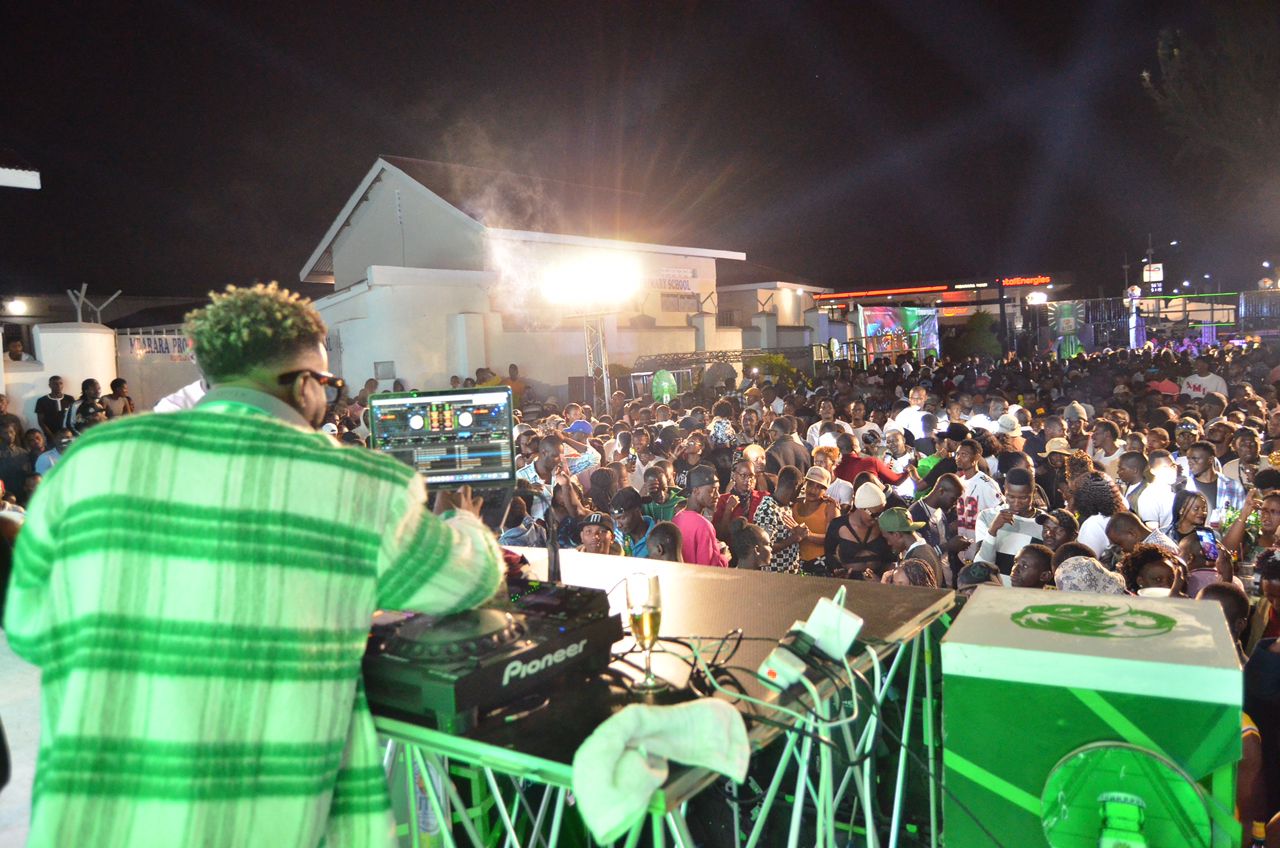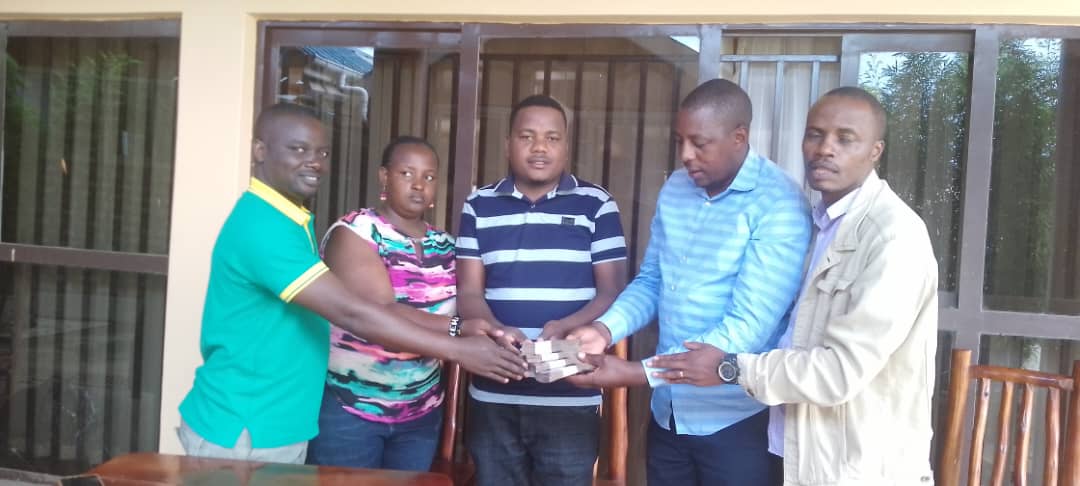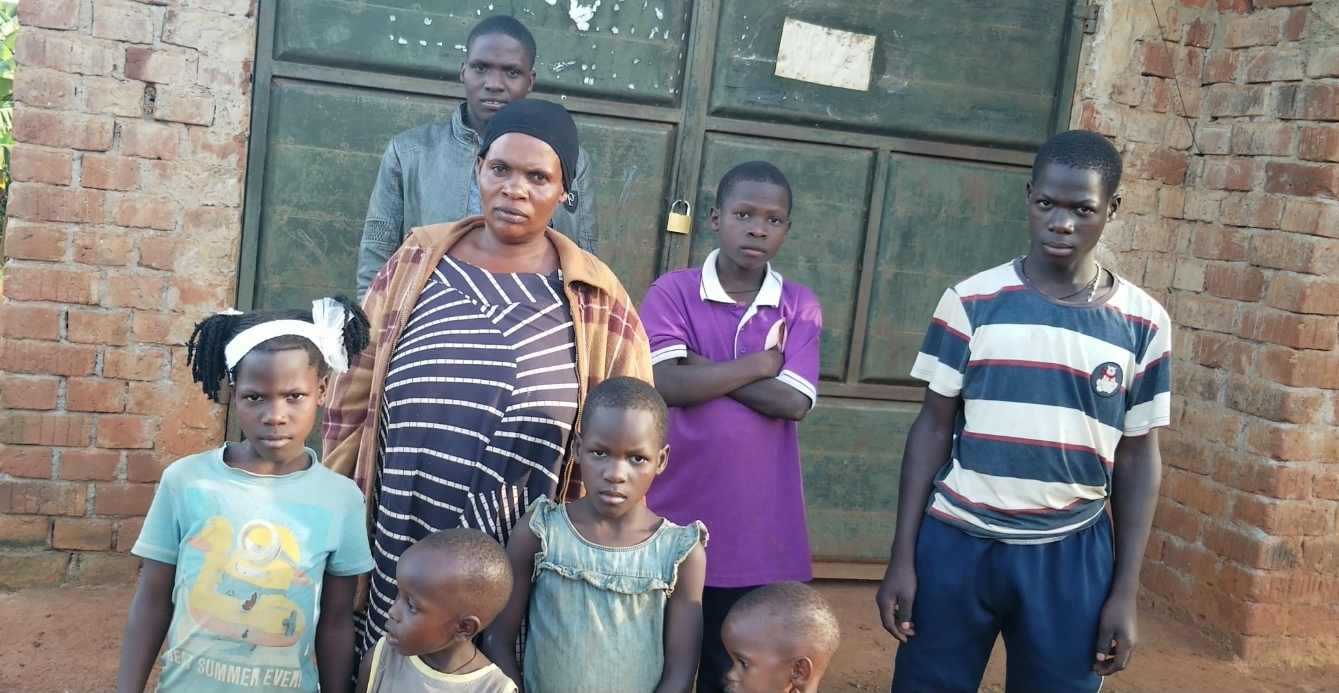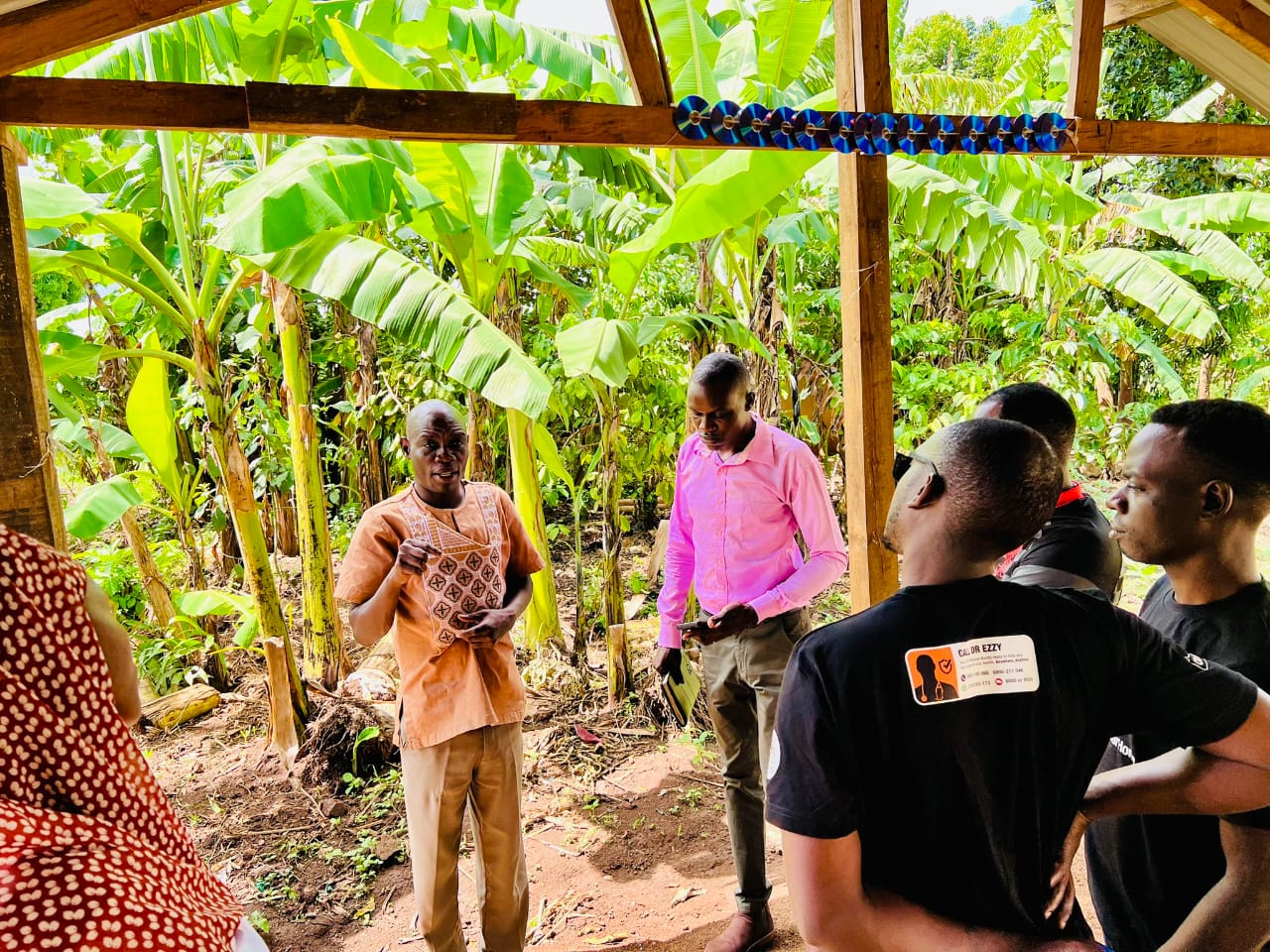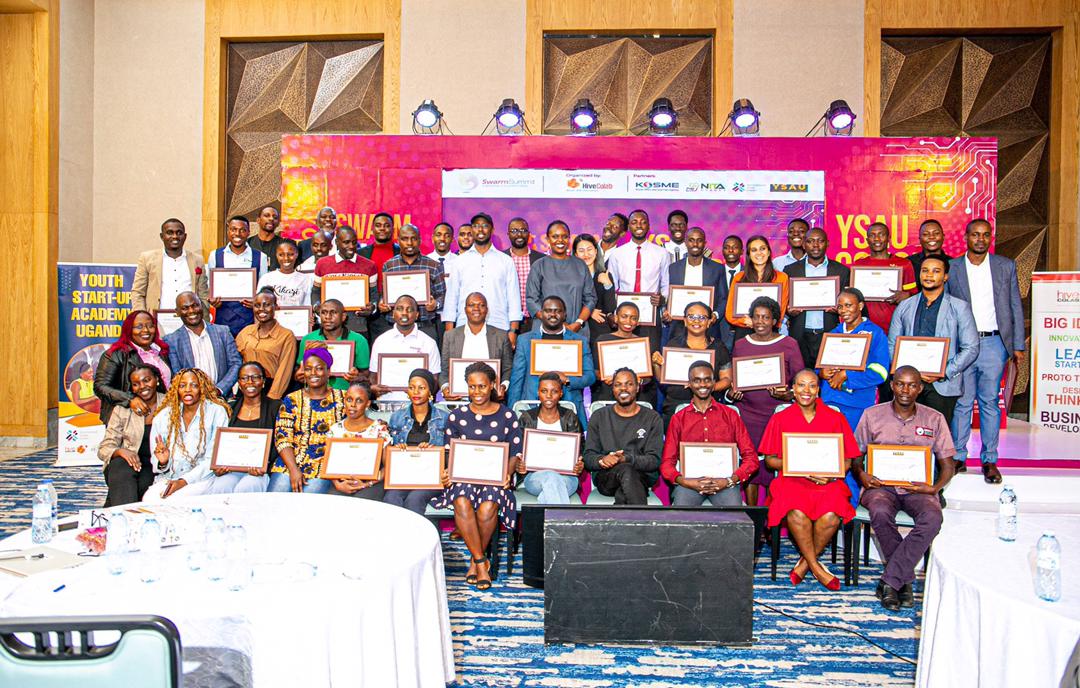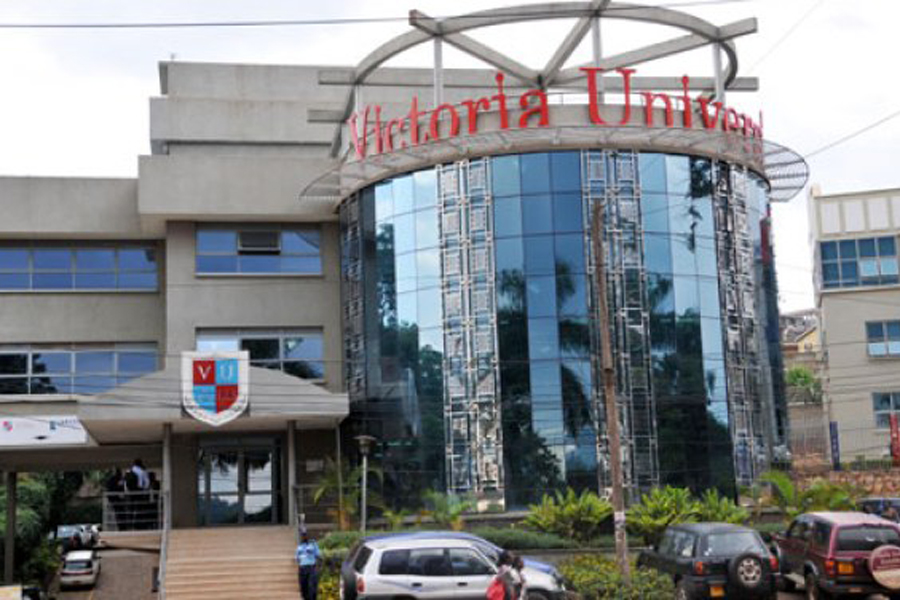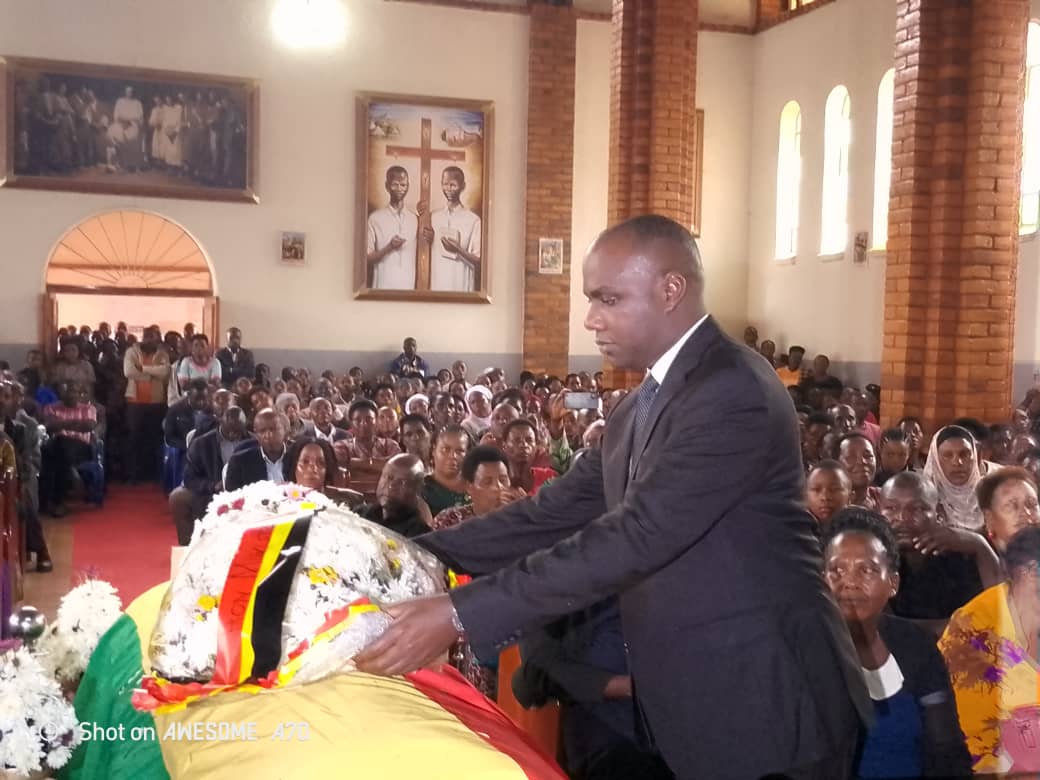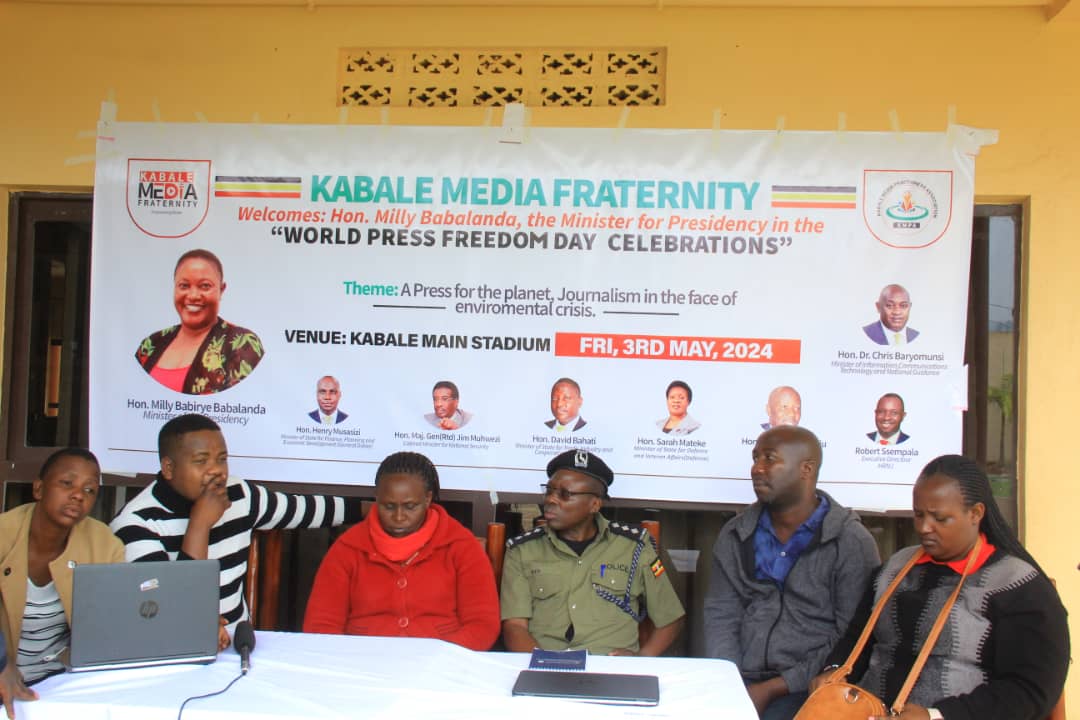Upholding Justice: The State of Rule of Law and Human Rights in Uganda*
As the nation grapples with issues of accountability, transparency, and access to justice, the state of rule of law and human rights emerges as a critical barometer of Uganda's progress towards democracy and development.
In Uganda, the principles of rule of law and human rights form the bedrock of a just and equitable society, ensuring that every individual is treated with dignity, fairness, and respect under the law.
However, amidst a complex landscape of political dynamics, social challenges, and institutional constraints, the realization of these principles remains a work in progress.
As the nation grapples with issues of accountability, transparency, and access to justice, the state of rule of law and human rights emerges as a critical barometer of Uganda's progress towards democracy and development.
At the heart of the rule of law is the notion that no one is above the law, and all individuals, including government officials, are accountable for their actions and decisions.
In Uganda, efforts to strengthen the rule of law have been underway for decades, with reforms aimed at enhancing judicial independence, promoting legal literacy, and combating corruption.
The judiciary, as the custodian of justice, plays a central role in upholding the rule of law, adjudicating disputes, and safeguarding the rights and freedoms of citizens.
However, challenges such as case backlogs, resource constraints, and political interference continue to undermine the effectiveness and impartiality of the judiciary, raising concerns about the erosion of public trust in the legal system.
Human rights are intrinsic to the dignity and well-being of every individual, encompassing civil, political, economic, social, and cultural rights.
In Uganda, the protection and promotion of human rights are enshrined in the Constitution and international treaties to which the country is a party.
Efforts to advance human rights have led to legislative reforms, institutional mechanisms, and awareness-raising campaigns aimed at addressing issues such as gender inequality, discrimination, and violence against vulnerable groups.
However, human rights violations persist in various forms, including arbitrary arrests, extrajudicial killings, and restrictions on freedom of expression and assembly.
Civil society organizations and human rights defenders play a vital role in monitoring and documenting these violations, advocating for accountability, and amplifying the voices of marginalized communities.
Freedom of expression and press freedom are essential components of a vibrant democracy, enabling citizens to participate in public discourse, hold their leaders accountable, and access information.
In Uganda, media freedom has faced significant challenges in recent years, including censorship, harassment, and legal restrictions on journalists and media outlets critical of the government.
The closure of media houses, arrests of journalists, and crackdowns on social media platforms have raised concerns about the shrinking space for free expression and independent journalism.
Moreover, the proliferation of disinformation and hate speech online exacerbates polarization and undermines the credibility of public discourse, posing threats to democracy and social cohesion.
Access to justice is a fundamental right enshrined in international law, guaranteeing that individuals have the means to seek redress for grievances and enforce their rights through legal channels.
In Uganda, however, barriers to access to justice persist, particularly for marginalized groups such as women, children, persons with disabilities, and rural communities.
Factors such as high legal fees, geographical distance, and lack of legal awareness limit the ability of many individuals to navigate the legal system and obtain fair and timely resolution of their disputes.
Moreover, the prevalence of informal justice systems, such as traditional and religious courts, raises questions about their compatibility with international human rights standards and their ability to provide effective remedies for human rights violations.
The state of rule of law and human rights in Uganda reflects a complex interplay of progress and challenges, with implications for the country's democratic governance, social cohesion, and sustainable development.
While efforts to strengthen institutions, promote accountability, and protect human rights have yielded positive results, persistent gaps and shortcomings underscore the need for sustained reforms and collective action.
Civil society organizations, human rights defenders, and independent media play a crucial role in advocating for change, amplifying the voices of marginalised communities, and holding the government accountable for its obligations under national and international law.
As Uganda navigates the path towards a more just and inclusive society, the commitment to upholding rule of law and human rights remains paramount.
By fostering a culture of accountability, transparency, and respect for human dignity, Uganda can lay the groundwork for a future where all individuals can live with dignity, equality, and justice under the law.
As the world watches, the resilience and determination of Ugandans offer hope for a brighter tomorrow, where the principles of rule of law and human rights serve as pillars of a democratic and prosperous nation.


